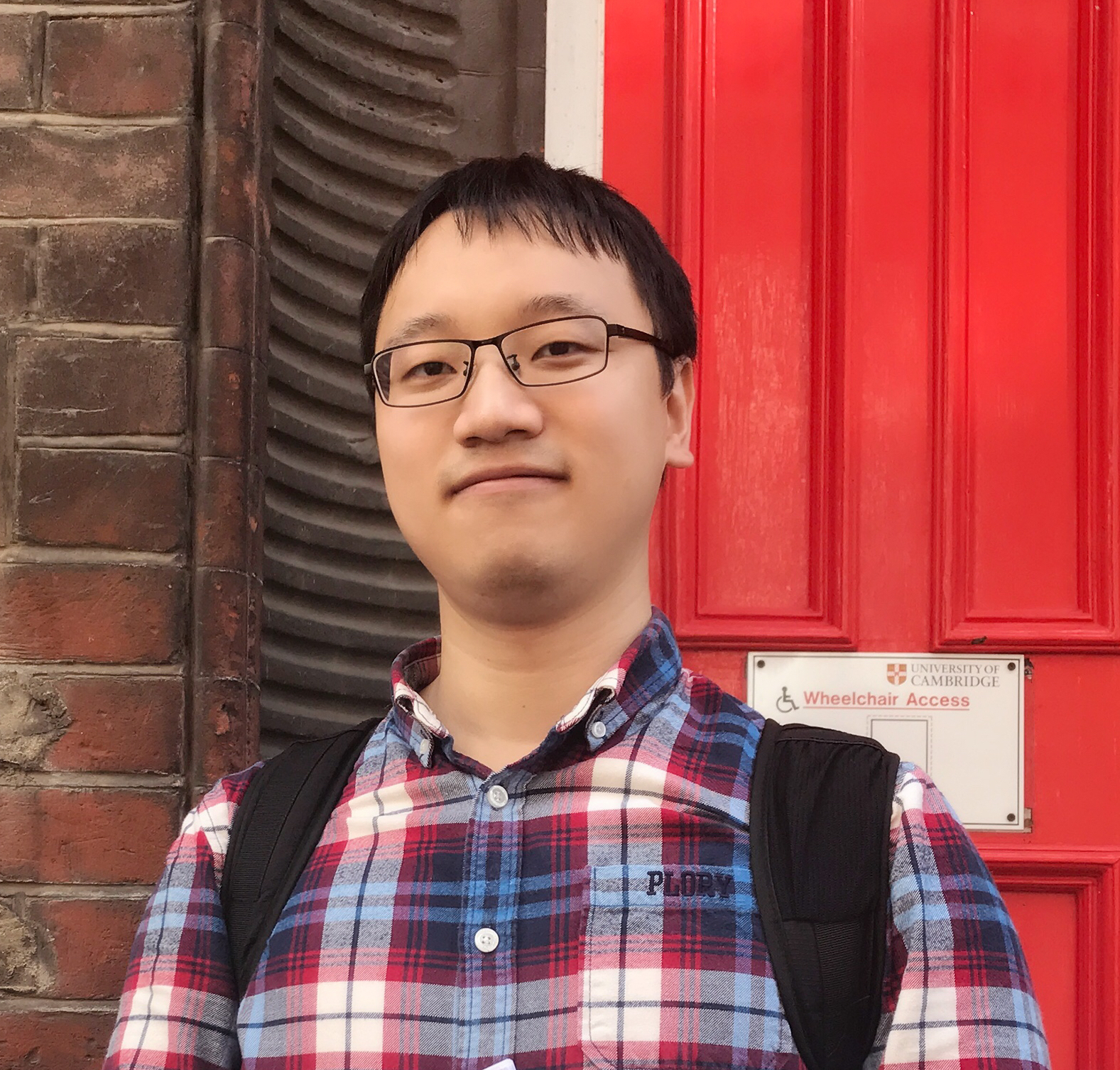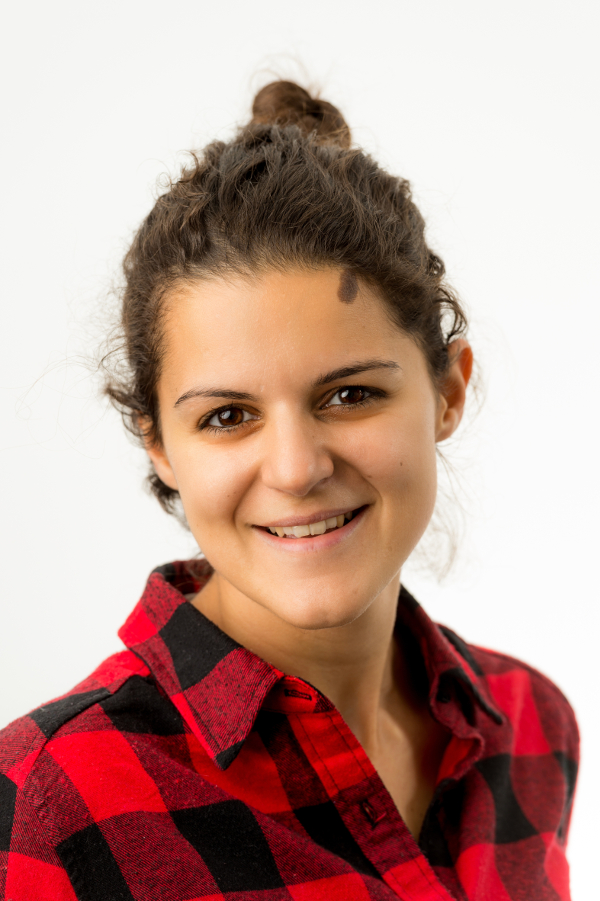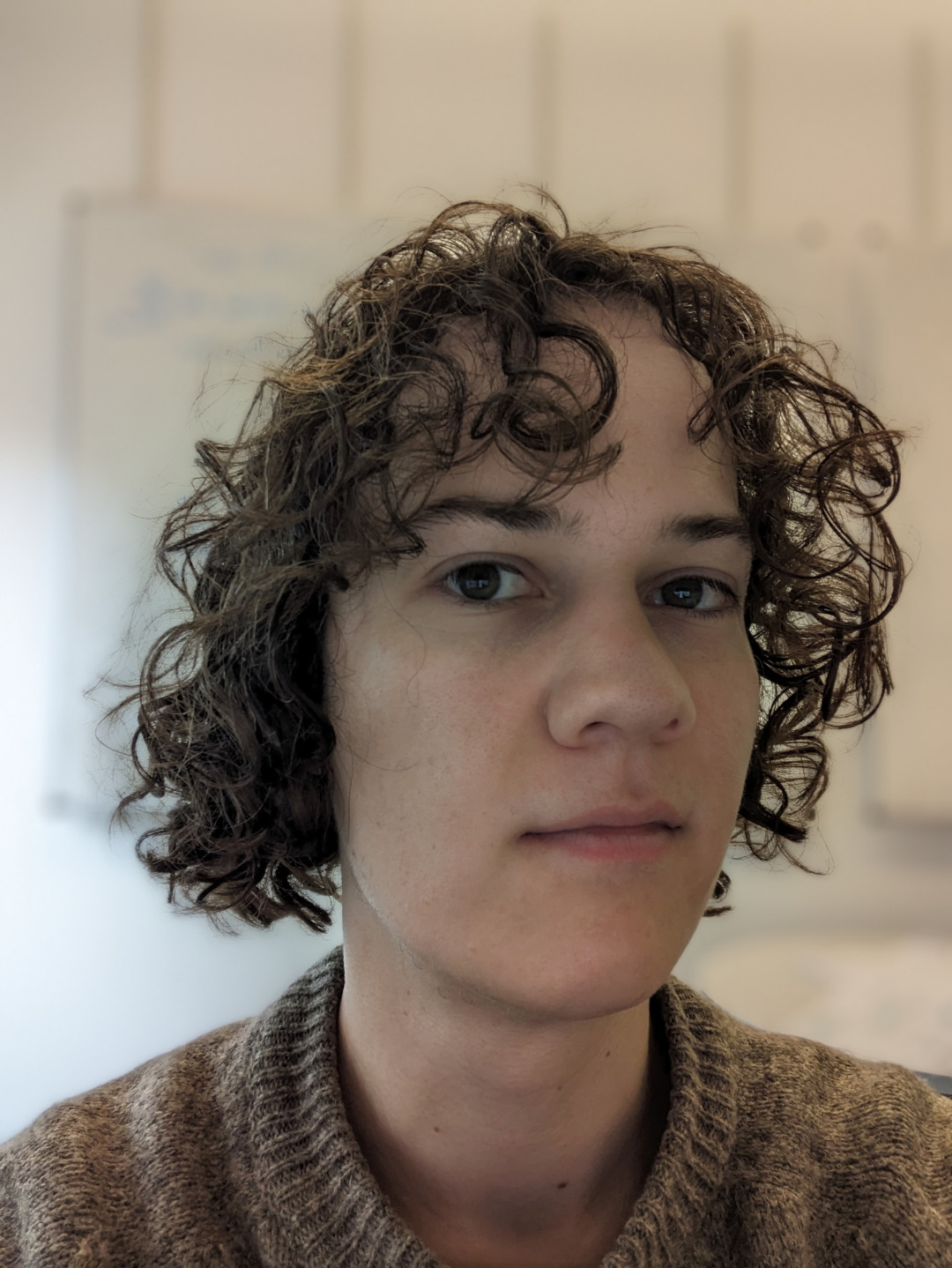INF2D: Reasoning and Agents
Welcome to Informatics 2D - Reasoning and Agents
This is a second year undergraduate course, which introduces you to some basic concepts and techniques in Artificial Intelligence (AI).
We will be delivering the course via lectures (in person), weekly tutorials in small groups (in person), chat forums (piazza) and lab sessions with demonstrators (who will help you resolve problems with coursework).
More details about the course topics and how you will study them is given in Course Information. The course material for each week (including lecture slides, videos, required reading and quizzes) will appear in Course Materials. The textbook we use for required reading is detailed under Library Resources.

Wenda Li is a lecturer in hybrid AI at the University of Edinburgh. His research interests include neuro-symbolic reasoning, AI for math, machine learning for theorem proving, and mechanised mathematics.
 Nadin Kokciyan is a lecturer in AI at the School of Informatics, whose research is in: Multiagent Systems; Agreement Technologies (Argumentation and Negotiation); Privacy in Social Software; AI Ethics and Explainable AI.
Nadin Kokciyan is a lecturer in AI at the School of Informatics, whose research is in: Multiagent Systems; Agreement Technologies (Argumentation and Negotiation); Privacy in Social Software; AI Ethics and Explainable AI.

Craig Innes (Course Organiser) is a lecturer in AI at the School of Informatics, whose research is in safety & trustworthiness for cyber-physical systems, and approaches to combining symbolic and probabilistic techniques within machine learning.
We very much look forward to teaching you all!
Learning Outcomes
On successful completion of this course, you should be able to:
- Use task constraints to make search efficient.
- Perform Inference with First Order Logic and appreciate the strengths and weaknesses of this and other logic representations (eg Propositional).
- Use PDDL to plan and execute actions using either Propositional or First Order Logic representations.
- Create and reason with a representation of a Bayesian agent for handling a non-deterministic planning problem.
- Constructively engage in both self-study and peer-learning.